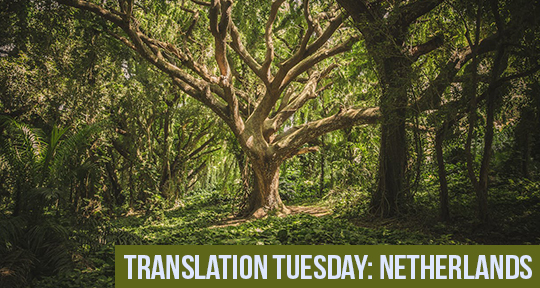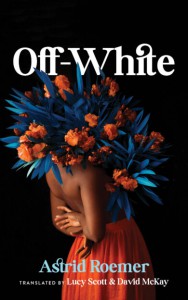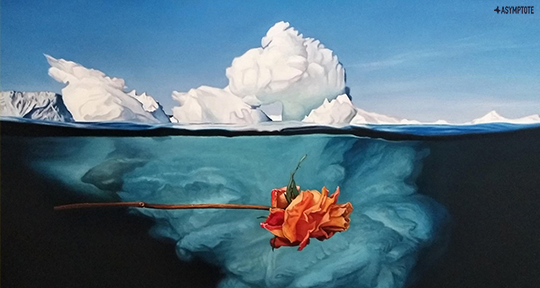This Translation Tuesday, the spotlight is on an unflinching portrayal of bereavement from Dutch author Dieuwke van Turenhout, brought into the English by the award-winning translator Michele Hutchison.
Nicole’s young daughter is in hospital, hooked to machines that keep her alive. The prognosis is that she will soon die. Nicole is overwhelmed with a vicious grief, but a hospital is no place to voice the waves of anguish, panic and rage that churn and tear inside her. The blank pretence and sterile platitudes she must adopt serve only to heighten her desolation. But at her very lowest, a moment of connection with a fellow parent shows the beginning of a path forward. By cutting through suffocating politesse, she is able, finally, to confront the impending death of her child.
She passes the smokers, her fists clenched. Every afternoon, she makes her way through their fumes, dizzy from the hospital air and her faltering breath. Beyond the smokers, she sniffs disdainfully in disgust and then fills her lungs. She doesn’t give a damn that sometimes, walking with her eyes closed, she almost knocks over one of them. She doesn’t want to see them either, this good-natured puffing herd, choosing to smoke themselves to death, to wilfully destroy their organs.
Today had been a good day, as in ‘not so bad’—the nurse’s voice had sounded cheerful. And even though it could have just been the nurse’s mood, she dialled Hugo’s number right away in the stairwell.
As she says hello to Hugo, she looks up. She finds herself amid a group of people waiting around. The boy in the wheelchair is on his own. His blanket has slipped from his torso, he moves a hand slowly over the folded edge. She scans the smokers, no sign of the man with the drooping shoulders, the one she presumes is his father. Although she doesn’t want to, she makes eye contact with the boy. Now she knows he has no eyelashes or brows. Blue worms run across the boy’s hands, pointing to his skinny fingers.






